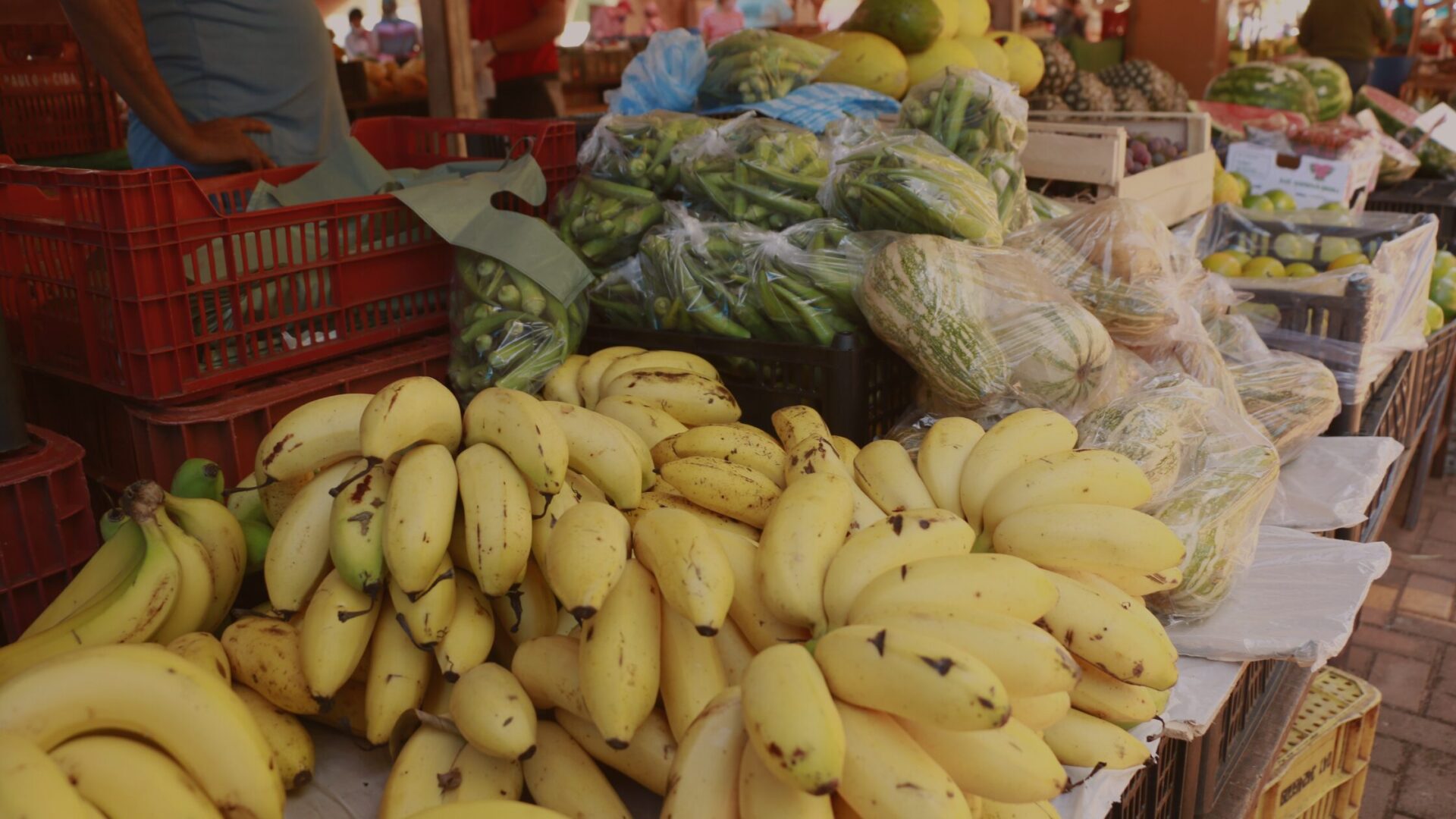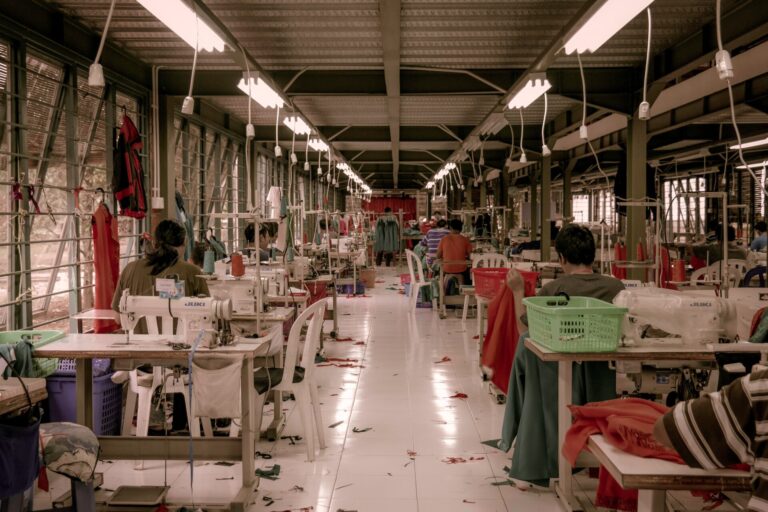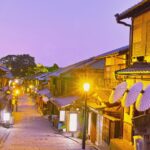The blue and green Fair Trade Mark is more than just a label—it’s your guarantee that the people behind your favorite products receive fair compensation for their work. Whether you’re visiting Japan or living here, understanding this sustainability certification can help you make ethical choices that support farmers and workers worldwide.
What is the Fair Trade Mark?
The Fair Trade Mark features a distinctive blue and green design that you’ll recognize on products from coffee to clothing. When you see “FAIRTRADE” on packaging, it means everyone involved—farmers, workers, and companies—meets strict international standards.
FLOCERT, Fair Trade’s independent certification body, audits and certifies these standards. This third-party verification ensures reliability from raw materials to your shopping basket, giving you confidence that producers receive fair treatment.
The Mark’s Promise
The Fair Trade Mark tells you three important things:
- Fair compensation: Producers receive proper payment for their efforts
- Verified standards: Independent audits confirm compliance with international criteria
- Authentic sustainability: Real impact, not just marketing claims
How Fair Trade Works: 30+ Years of Ethical Trading
Fair Trade has transformed global commerce for over three decades. Its mission remains simple: make trade more equitable for people who grow our food and create our products.
Four Pillars of Fair Trade Benefits
1. Fair Prices and Working Conditions
- Fair Trade Minimum Price: Producers receive minimum guaranteed prices that cover sustainable production costs. When market prices rise higher, they receive the better rate
- Fair Trade Premium: Extra funds for community development, with producers deciding democratically how to spend them
- Organic bonuses: Certified organic products earn additional premiums
- Safe workplaces: Mandatory health and safety standards, fair wages, and living wage commitments (textile workers see living wages within six years)
2. Producer Empowerment
- Democratic participation: All members vote on key decisions, including premium spending
- Organizational strengthening: Framework support helps small producers build resilient, productive cooperatives
- Union rights: Workers can join independent labor unions for collective bargaining
- Policy influence: Producers participate in setting Fair Trade standards globally
3. Environmental Protection
Fair Trade promotes sustainable agriculture and addresses climate change through:
- Restricted chemical use policies
- Environmental impact reduction requirements
- Climate-conscious farming practices
- Deforestation prevention measures
4. Market Access and Business Support
- Direct connections: Links between ethical companies and certified producers
- Pre-financing: Access to funding for business operations
- Market information: Sourcing plans and outlook data help producers plan ahead
- Risk reduction: Protection against forced labor and child exploitation
Why Trust the Fair Trade Mark?
This sustainability certification stands out because of five key reliability factors:
1. Comprehensive Standards
Fair Trade rules cover social, environmental, and economic aspects from raw materials to final products. Standards undergo regular updates to reflect best practices.
2. Independent Verification
FLOCERT provides completely independent auditing—no industry self-reporting or conflicts of interest. This third-party certification builds genuine consumer trust.
3. Full Transparency
Certification processes and certified businesses operate openly. When products display the Fair Trade Mark, you know producers genuinely benefit from sales.
4. Stakeholder Input
NGOs, industry experts, farmers, and workers all contribute to developing standards, creating balanced and practical requirements.
5. Measurable Impact
The system delivers concrete benefits through guaranteed minimum prices, premium payments, improved working conditions, and enhanced producer negotiating power.
Fair Trade Standards Explained
Certification Types
Fair Trade applies different standards based on organization types:
Small Producer Organizations (SPO): Groups of small farmers emphasizing democratic decision-making and cooperative strengthening.
Hired Labor Organizations (HLO): Companies with employed workers, focusing on fair wages, safety, and union rights.
Artisanal Mining Organizations (ASMO): Gold and precious metal standards promoting sector formalization and safer working conditions.
Textile Standards: Comprehensive supply chain requirements for manufacturers, workers, and brands.
Trader Standards: Rules for companies buying and selling Fair Trade products, covering pricing, transparency, and traceability.
The Certification Process
- Standard Development: International standards created with stakeholder input
- Compliance Requirements: Producers and traders must meet specific criteria
- Independent Auditing: FLOCERT conducts regular and surprise audits
- License Application: Certified companies can apply to use the Fair Trade Mark
- Ongoing Commitment: Continuous improvement and standard updates
Shopping Fair Trade in Japan
Identifying Authentic Products
Look for the characteristic blue and green Fair Trade Mark. Some products (cocoa, tea, sugar, fruit juice) may show an arrow directing you to ingredient information on packaging backs.
This arrow indicates “mass balance” products, where Fair Trade and conventional ingredients mix during manufacturing. The system ensures Fair Trade ingredient purchases match sales volumes, maximizing farmer benefits.
Popular Fair Trade Products
You’ll find Fair Trade certification on:
- Beverages: Coffee, tea, fruit juices
- Food: Chocolate, sugar, honey, spices, nuts
- Textiles: Cotton clothing, sports equipment
- Fresh produce: Bananas, flowers, rice
- Specialty items: Wine, quinoa
Where to Shop
Many Japanese retailers now stock Fair Trade products:
- International grocery chains
- Specialty organic stores
- Department store food sections
- Online marketplaces
- Hotel and restaurant suppliers (for business travelers)
Making Impact Through Your Choices
For Visitors to Japan
Choose Fair Trade products during your stay to:
- Support global sustainability efforts
- Experience Japan’s growing ethical consumer market
- Find unique, high-quality souvenirs with meaningful stories
For Japan Residents
Regular Fair Trade purchases help:
- Build sustainable supply chains
- Support vulnerable farming communities worldwide
- Demonstrate Japanese consumer commitment to global justice
- Encourage more retailers to stock certified products
The Future of Fair Trade
This sustainability certification continues evolving with updated standards, expanded product categories, and stronger environmental requirements. Your purchasing decisions today help shape more equitable global trade tomorrow.
Fair Trade represents authentic sustainability—not just marketing promises, but verified impact for millions of producers worldwide. When you choose products with the blue and green mark, you join a global movement creating positive change through everyday shopping decisions.








